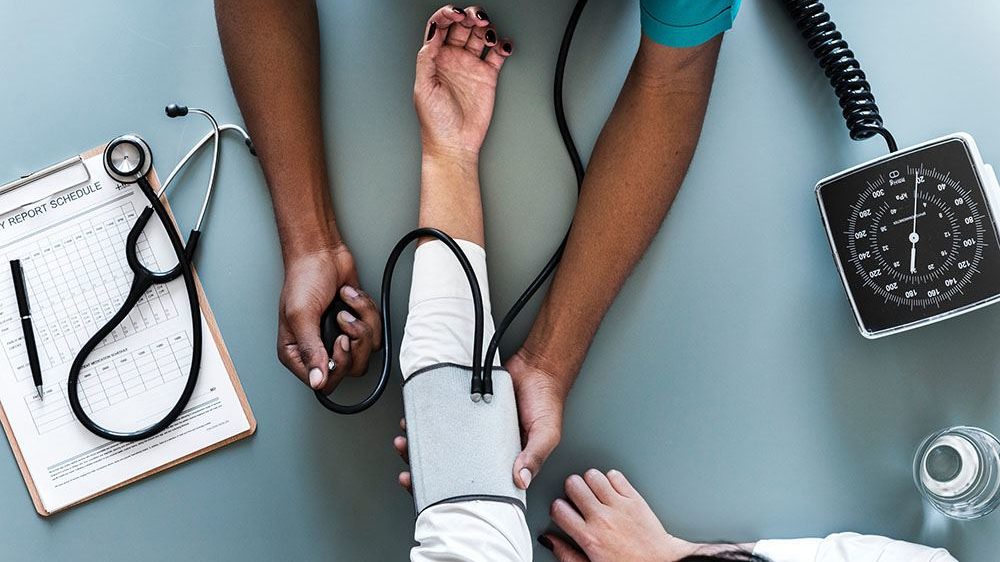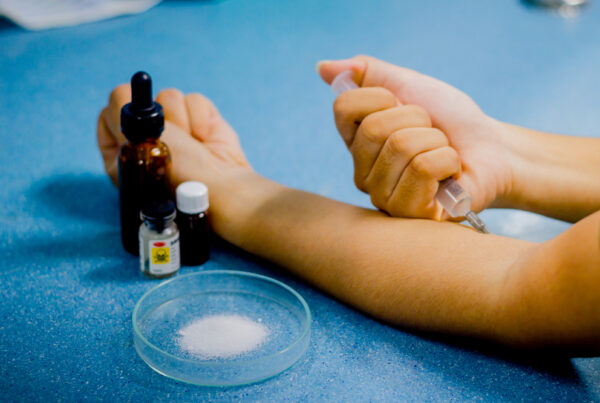Any individual who habitually abuses drugs and/ or alcohol will experience some form of withdrawal when ceasing to use the substance during his or her detox stage. Withdrawal symptoms are the body’s physiological reaction to the removal and absence of a substance or substances with which it had previously become accustomed functioning. While there are certain medications that can help alleviate some of the discomforts associated with withdrawal symptoms, it has been noted that experiencing some level of discomfort during this phase of recovery can actually be beneficial in the long run. An individual who is in recovery for substance abuse must have a steadfast commitment to their sobriety. In some cases, the intensity of withdrawal symptoms may drive a person back to the abused substance in attempt to reduce the discomforts. It is imperative to bear in mind that eventually, many, if not all, withdrawal symptoms will subside, in time.
Timeline
There is no exact timeline for withdrawal symptoms that covers all individuals and all types of abused substances. While many withdrawal symptoms may overlap, the specific side effects of each substance and withdrawal timelines vary quite dramatically.
- Alcohol withdrawal: even though alcohol is a legal substance in the US for individuals over twenty-one years of age, it is actually among the most dangerous substances to quit without professional support. Physical effects of alcohol withdrawal typically begin within eight hours of one’s last alcoholic drink. This stage lasts approximately sixteen hours and is followed by two to three days of additional withdrawal symptoms (i.e. confusion, changes in heart rate…etc.). The final stage can last several days and can present as withdrawal symptoms such as fever, hallucinations, and seizures. The physical effects of withdrawal from alcohol generally cease after five to seven days. Alcohol cravings can continue long after one’s detox is completed.
- Cocaine withdrawal: cocaine is a highly addictive drug that can result in uncomfortable withdrawal symptoms. The withdrawal symptoms from cocaine abuse are typically not as severe or dangerous as other substances (i.e. alcohol, benzodiazepines…etc.). One to three hours after one’s last cocaine ingestion are when individuals begin to experience an onset of withdrawal symptoms. Commonly reported examples of initial withdrawal symptoms from cocaine include nausea, anxiety, and irritability. The withdrawal symptoms usually peak around four to seven days after one’s last use, and the acute withdrawal symptoms generally subside after a week. Drug cravings may, however, persist for a month or longer.
- Opiate and opioid withdrawal: the onset of withdrawal symptoms beings usually around six hours after one’s last dose (i.e. insomnia, nausea, muscle aches…etc.). Withdrawal symptoms peak between two to three days later (i.e. stomach cramps, chills, vomiting, irregular heart rate…etc.), and will largely subside within a week. Although the physical withdrawal symptoms do not necessarily last long, the mental aspect (drug cravings) can last long after one’s physical withdrawal symptoms have subsided.
As every individual is unique, every substance has a somewhat nuanced effect on each individual. The withdrawal component is no different. Each person will experience the cleansing of foreign substances distinctly. The severity of withdrawal symptoms experienced, combination of withdrawal symptoms and duration of withdrawal symptoms will all vary from person to person.
For Information and Support
If you are concerned for yourself or a loved one in regards to substance abuse and/ or addiction we recommend reaching out for help as soon as possible. If left untreated, substance abuse can result in long lasting and potentially life threatening consequences. Keep in mind: you are not alone! There is an entire network of professionals that are available to help and support you and your loved one throughout the recovery process. The earlier you seek support, the sooner your loved one can return to a happy, healthy and fulfilling life.
Please do not hesitate to reach out with any questions regarding our specific program at Haven House Addiction Treatment and/ or general substance abuse and/ or addiction treatment related information.


